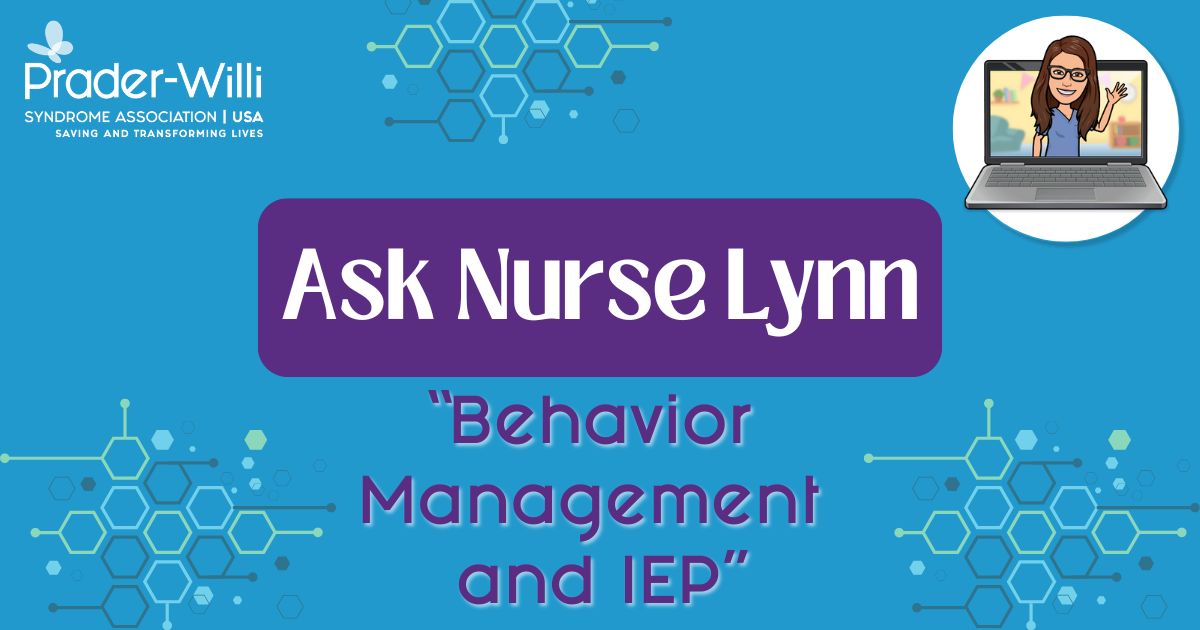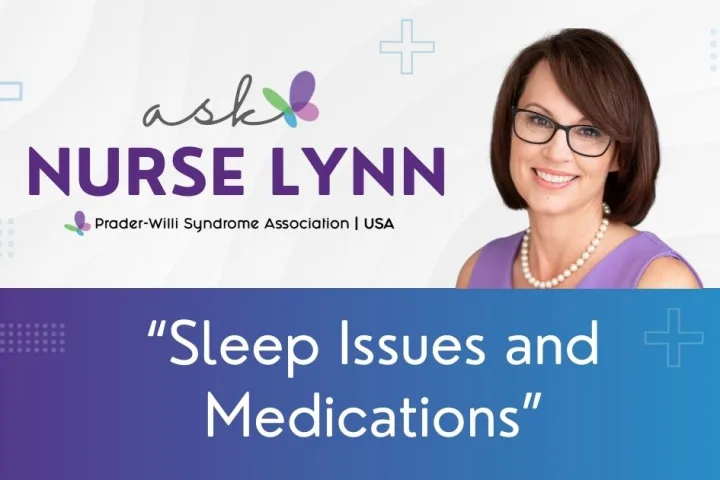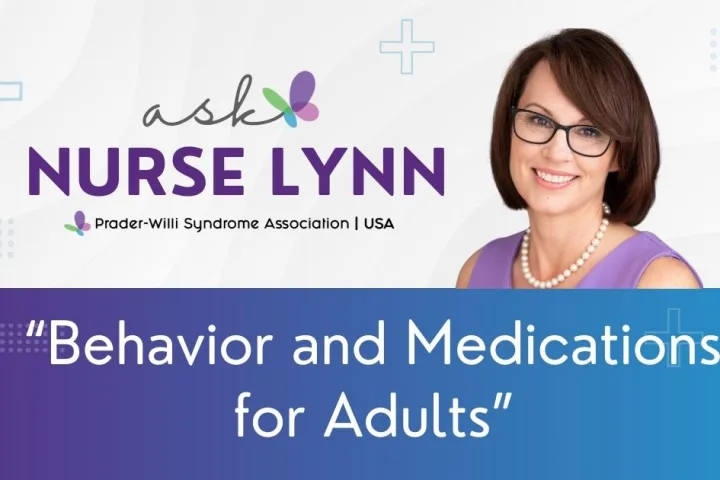Question:
Male, 17, Deletion
How can I address my son’s behavior? Lately he gets mad and starts throwing things around, the more I ask him to stop the angrier he gets. If I ground him, he does exactly the opposite of what I ask him to do. Also, at school, teachers have told me should spank him very hard for stealing food. I really don’t think that is the right path to go. I really need your advice as I feel like nothing I do is working for him. Thank you in advance.
Nurse Lynn’s Response:
Thank you for writing in. I am sorry to hear that your son is having behavioral issues.
As far as the school goes- I am at a loss as to why anyone would advocate for spanking him. You should absolutely not do this. Oftentimes, this will not elicit the response you would want. It would lead to increased violence and potentially dangerous situations for you and him. If he is stealing food, I would ask why he is put in situations where there is lack of food security and adequate supervision. There should not be unsupervised access to food. If this is happening in school, additional supports could be built into his IEP. If you need help with the school, we have a school success toolkit online. I will attach a link below. We also have people on staff that could help with amending the IEP. This could mean someone sitting with him at lunch, someone to walk to class etc. with him to minimize the access to food. The same goes for the home and when he is out in the community.
Behavior management is all about communicating expectations, natural consequences and consistency.
If he is getting mad, first thing to do is identify why. You should do this after he has calmed down. You do not have to agree with why he is mad rather, listen to what he has to say. I think he probably knows that throwing things is not the correct way to deal with frustrations. Collaboratively work on problem solving for the next time something like this may happen. Praise him when you see him making good decisions and using words instead of throwing things. Do not give into the behaviors. This will create negative reinforcement meaning, he will continue to do these things to get what he wants.
I hope some of this helps.
Resource:
https://www.pwsausa.org/schoolsuccess/
Do you have a question for Nurse Lynn? Submit your question here:
Share this!





 Perry A. Zirkel has written more than 1,500 publications on various aspects of school law, with an emphasis on legal issues in special education. He writes a regular column for NAESP’s Principal magazine and NASP’s Communiqué newsletter, and he did so previously for Phi Delta Kappan and Teaching Exceptional Children.
Perry A. Zirkel has written more than 1,500 publications on various aspects of school law, with an emphasis on legal issues in special education. He writes a regular column for NAESP’s Principal magazine and NASP’s Communiqué newsletter, and he did so previously for Phi Delta Kappan and Teaching Exceptional Children. Jennifer Bolander has been serving as a Special Education Specialist for PWSA (USA) since October of 2015. She is a graduate of John Carroll University and lives in Ohio with her husband Brad and daughters Kate (17), and Sophia (13) who was born with PWS.
Jennifer Bolander has been serving as a Special Education Specialist for PWSA (USA) since October of 2015. She is a graduate of John Carroll University and lives in Ohio with her husband Brad and daughters Kate (17), and Sophia (13) who was born with PWS. Dr. Amy McTighe is the PWS Program Manager and Inpatient Teacher at the Center for Prader-Willi Syndrome at the Children’s Institute of Pittsburgh. She graduated from Duquesne University receiving her Bachelor’s and Master’s degree in Education with a focus on elementary education, special education, and language arts.
Dr. Amy McTighe is the PWS Program Manager and Inpatient Teacher at the Center for Prader-Willi Syndrome at the Children’s Institute of Pittsburgh. She graduated from Duquesne University receiving her Bachelor’s and Master’s degree in Education with a focus on elementary education, special education, and language arts. Evan has worked with the Prader-Willi Syndrome Association (USA) since 2007 primarily as a Crisis Intervention and Family Support Counselor. Evans works with parents and schools to foster strong collaborative relationships and appropriate educational environments for students with PWS.
Evan has worked with the Prader-Willi Syndrome Association (USA) since 2007 primarily as a Crisis Intervention and Family Support Counselor. Evans works with parents and schools to foster strong collaborative relationships and appropriate educational environments for students with PWS. Staci Zimmerman works for Prader-Willi Syndrome Association of Colorado as an Individualized Education Program (IEP) consultant. Staci collaborates with the PWS multi-disciplinary clinic at the Children’s Hospital in Denver supporting families and school districts around the United States with their child’s Individual Educational Plan.
Staci Zimmerman works for Prader-Willi Syndrome Association of Colorado as an Individualized Education Program (IEP) consultant. Staci collaborates with the PWS multi-disciplinary clinic at the Children’s Hospital in Denver supporting families and school districts around the United States with their child’s Individual Educational Plan. Founded in 2001, SDLC is a non-profit legal services organization dedicated to protecting and advancing the legal rights of people with disabilities throughout the South. It partners with the Southern Poverty Law Center, Protection and Advocacy (P&A) programs, Legal Services Corporations (LSC) and disability organizations on major, systemic disability rights issues involving the Individuals with Disabilities Education Act (IDEA), Americans with Disabilities Act (ADA), and the federal Medicaid Act. Recently in November 2014, Jim retired.
Founded in 2001, SDLC is a non-profit legal services organization dedicated to protecting and advancing the legal rights of people with disabilities throughout the South. It partners with the Southern Poverty Law Center, Protection and Advocacy (P&A) programs, Legal Services Corporations (LSC) and disability organizations on major, systemic disability rights issues involving the Individuals with Disabilities Education Act (IDEA), Americans with Disabilities Act (ADA), and the federal Medicaid Act. Recently in November 2014, Jim retired.